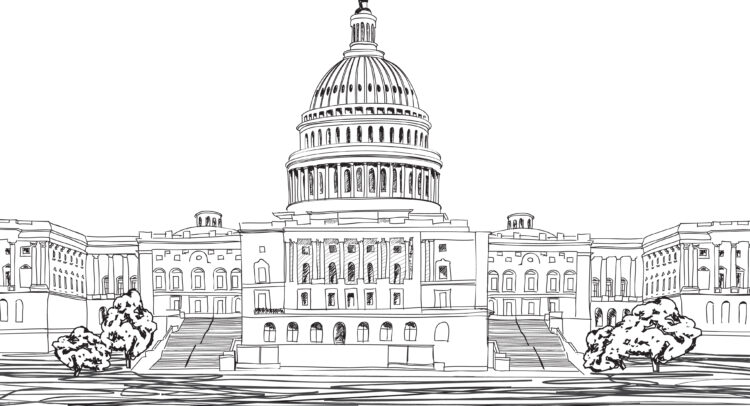Senators Cynthia Lummis (R-Wyoming) and Ron Wyden (D-Orgeon) are raising alarms over the Department of Justice’s (DOJ) recent moves that they claim misinterpret federal law and threaten to stifle the crypto industry. The Senators argue that the DOJ’s new stance on non-custodial crypto asset software is a dramatic overreach that contradicts congressional intent and established guidance from the Treasury’s Financial Crimes Enforcement Network (FinCEN).
DOJ’s Controversial Interpretation
In a letter to Attorney General Merrick Garland, Lummis and Wyden expressed their “grave concerns” about the DOJ’s policy arguments expanding the scope of the federal prohibition on operating unlicensed money transmitting businesses. They argue that this unprecedented interpretation misclassifies non-custodial crypto asset software services as money transmitters despite these services never taking control of users’ assets.
The Senators emphasized that the Federal money transmitting business statute (18 USC § 1960) targets businesses that “knowingly conduct … an unlicensed money transmitting business.” However, for liability to apply, the business must meet specific criteria, such as being required by state or federal law to register, or engaging in illicit finance. Non-custodial services, where users maintain sole control over their crypto assets, do not fit these criteria.
FinCEN’s Established Guidance
Lummis and Wyden highlight FinCEN’s long-standing position that non-custodial services are not subject to money transmitter registration. According to FinCEN, money transmission involves the “acceptance” and “transmission” of currency or its equivalents. This definition necessitates direct receipt and control of assets, a condition non-custodial services do not meet. FinCEN’s guidance from over a decade ago clarified that activities lacking acceptance and transmission of convertible virtual currency do not constitute money transmission.
Further FinCEN guidance from 2019 reaffirmed this interpretation, stressing that non-custodial services, where developers or publishers do not have unilateral control over user assets, are outside the scope of money transmitter regulations. This clear and logical interpretation ensures that developers of non-custodial crypto software are not unfairly targeted.
The Senators’ Concerns
The Senators argue that the DOJ’s divergent stance complicates the legal landscape for Americans. They stress that custody and control are crucial in determining money transmission, noting that Bitcoin and other crypto assets always have a clear owner. Transactions involving these assets are signed by the user, ensuring no ambiguity over ownership at any stage.
Lummis and Wyden contend that the DOJ’s analogy of crypto transactions to heat or data transfers fundamentally misunderstands the technology. They urge the DOJ to align with FinCEN’s well-established definitions, warning that criminalizing non-custodial crypto developers will stifle innovation and undermine confidence in the DOJ’s adherence to the rule of law.
The Senators call on Attorney General Garland to discard the DOJ’s flawed interpretation of Section 1960. They emphasize that protecting the rule of law and fostering technological innovation are not mutually exclusive goals. By following a sensible and established legal framework, the DOJ can support the development of transformative technologies without compromising legal integrity.
Don’t let crypto give you a run for your money. Track coin prices here.
Read More: Senators Push Back on the DOJ’s Crypto Policy Overreach – TipRanks.com
Disclaimer:The information provided on this website does not constitute investment advice, financial advice, trading advice, or any other sort of advice and you should not treat any of the website’s content as such. NewsOfBitcoin.com does not recommend that any cryptocurrency should be bought, sold, or held by you. Do conduct your own due diligence and consult your financial advisor before making any investment decisions.


